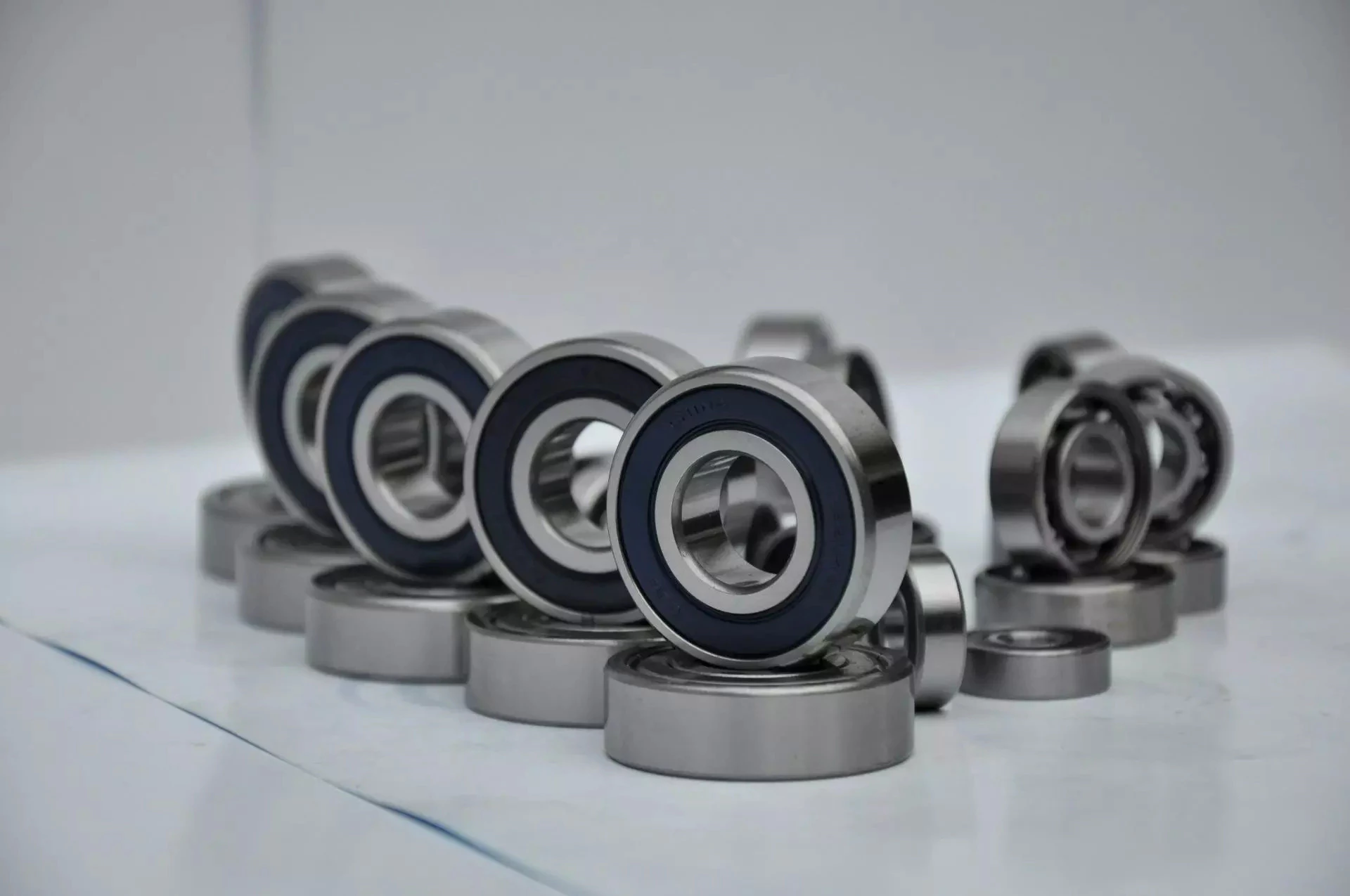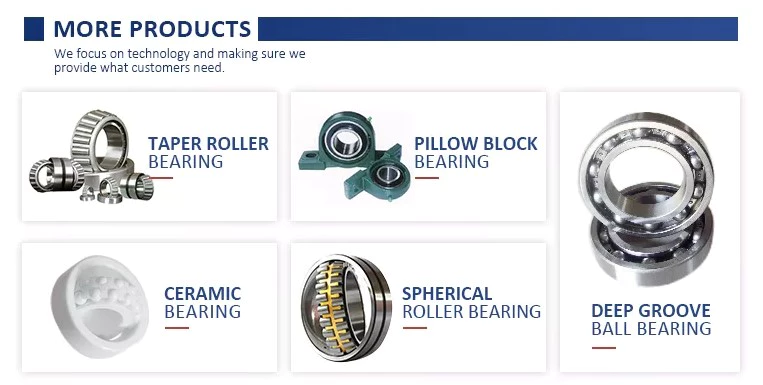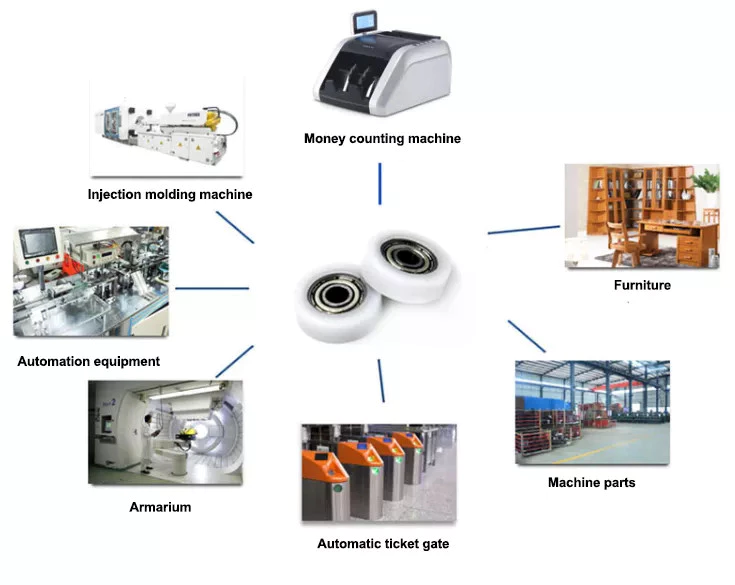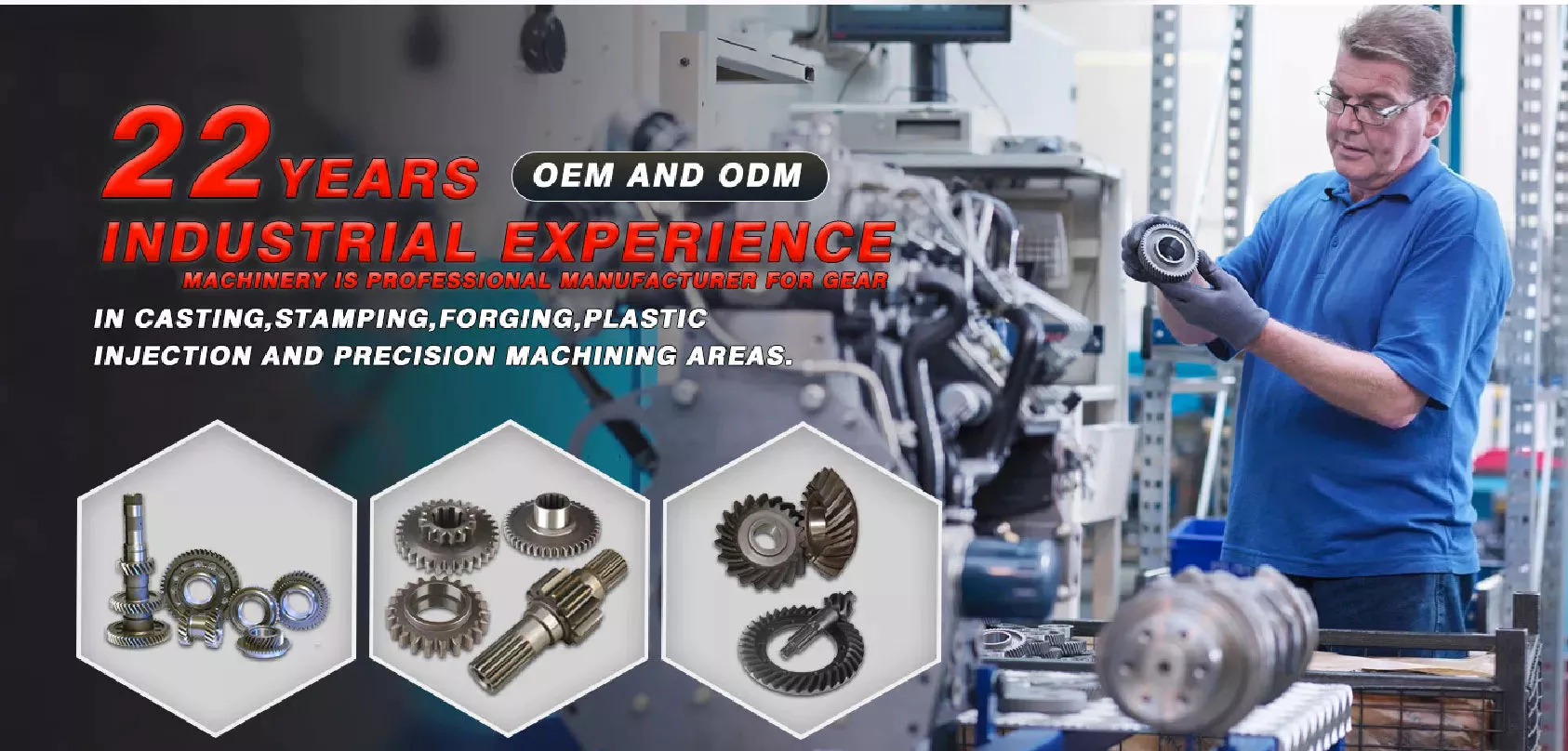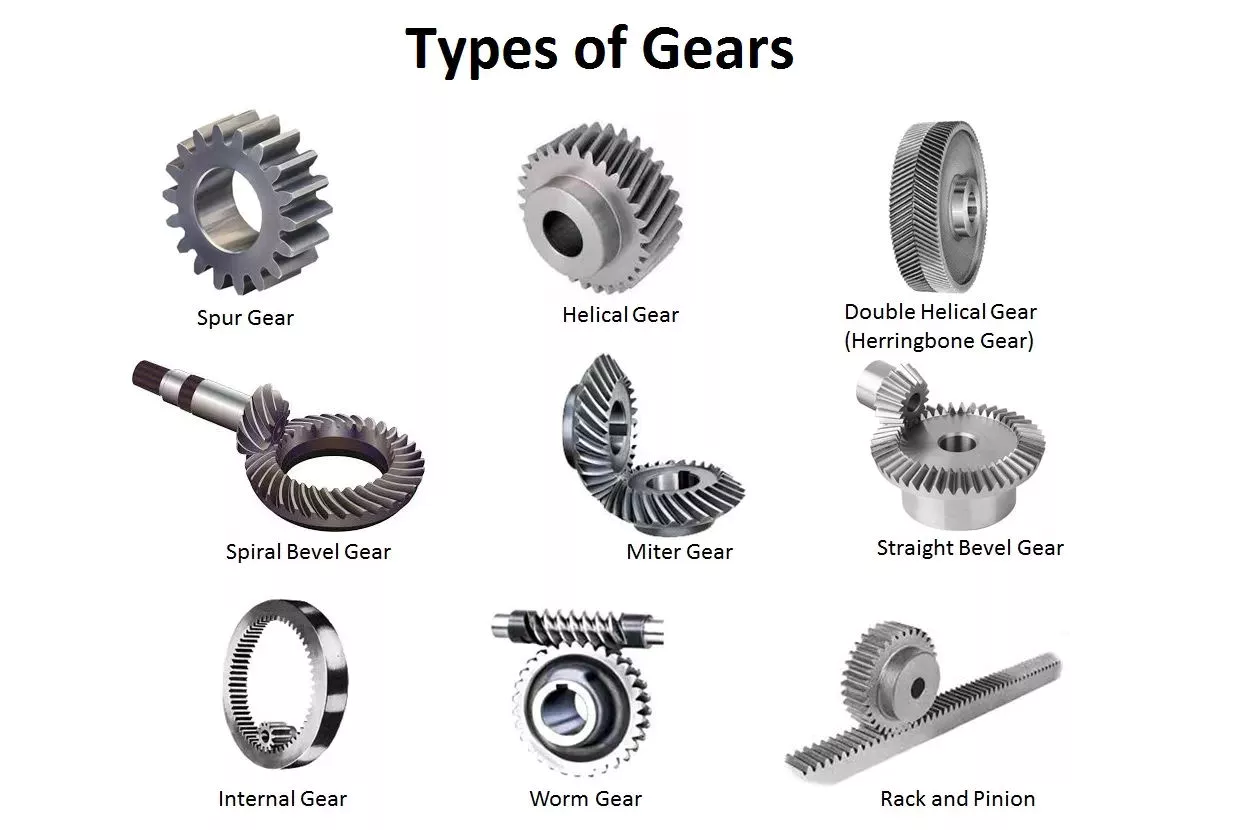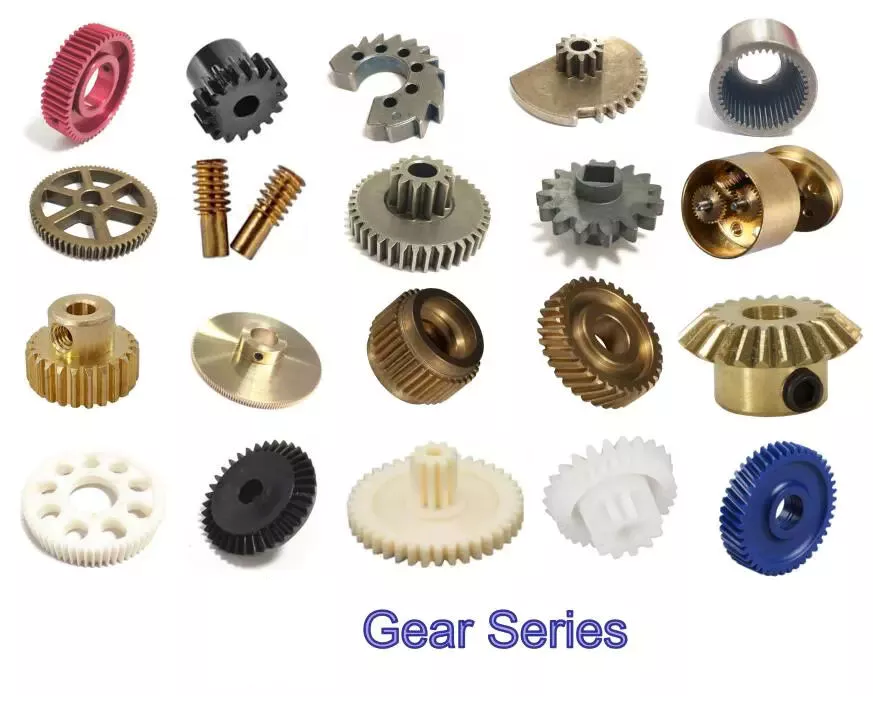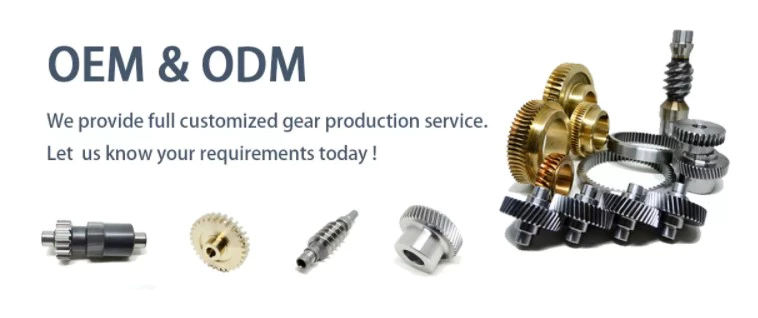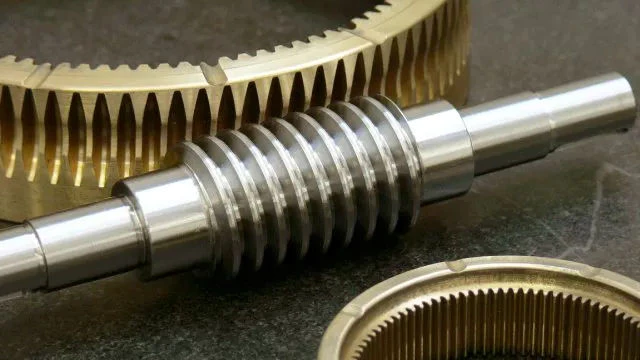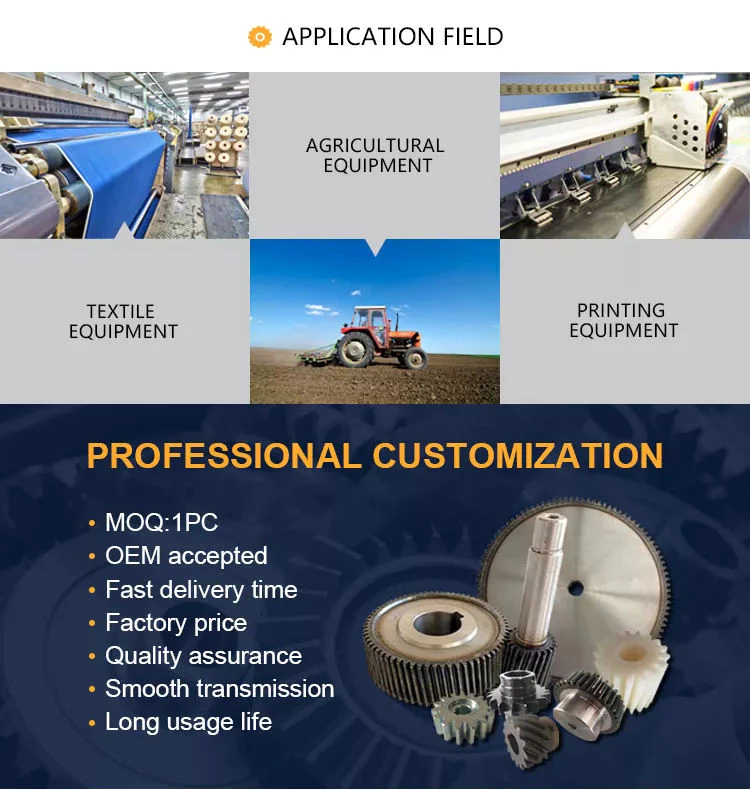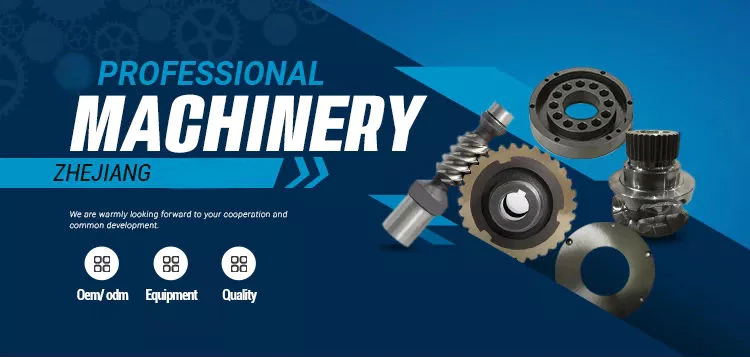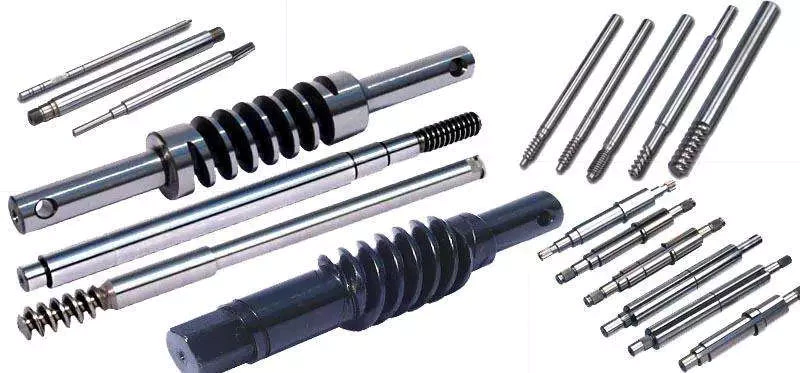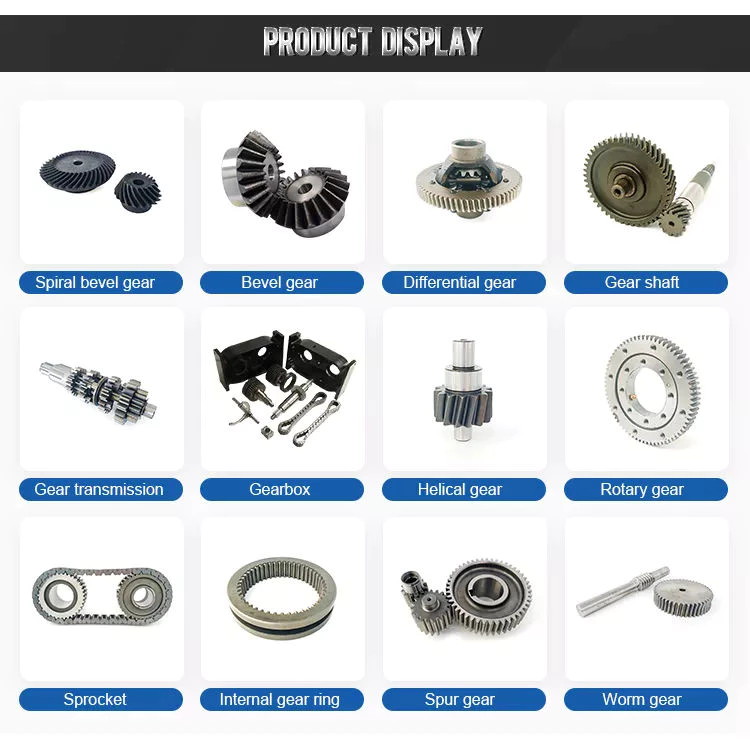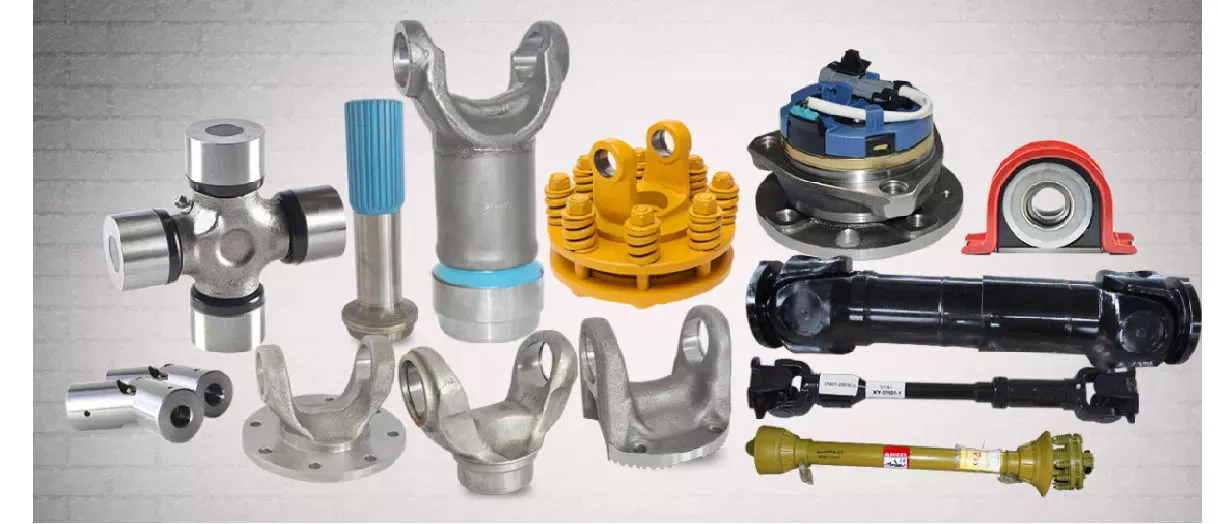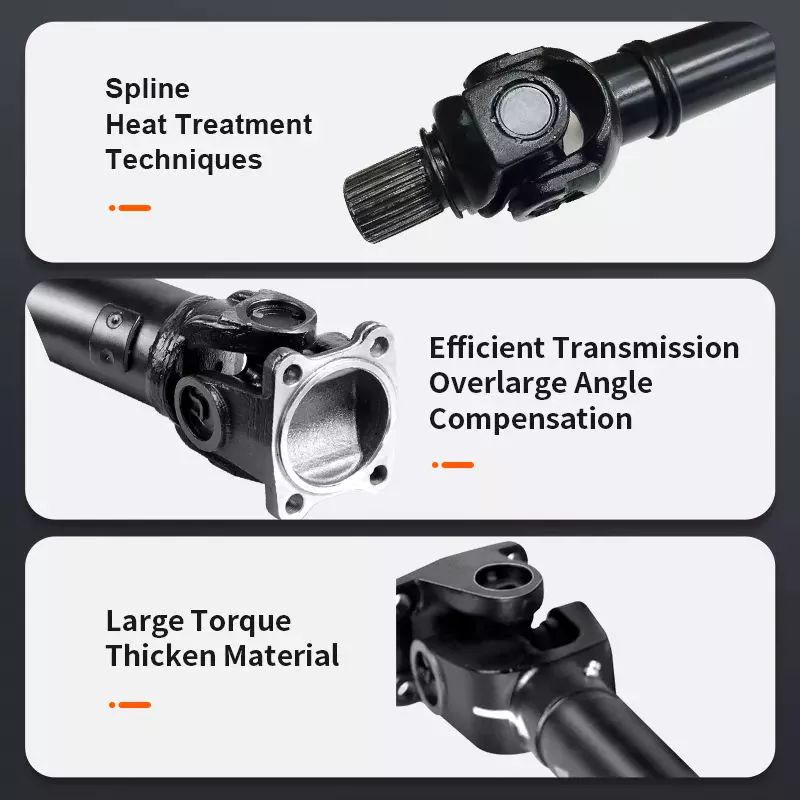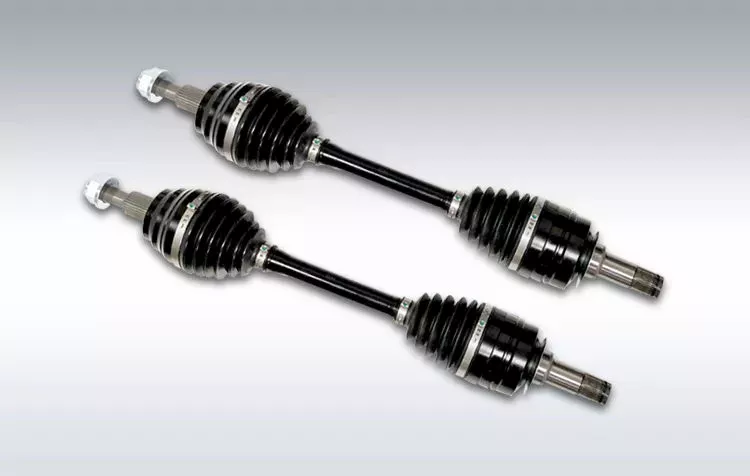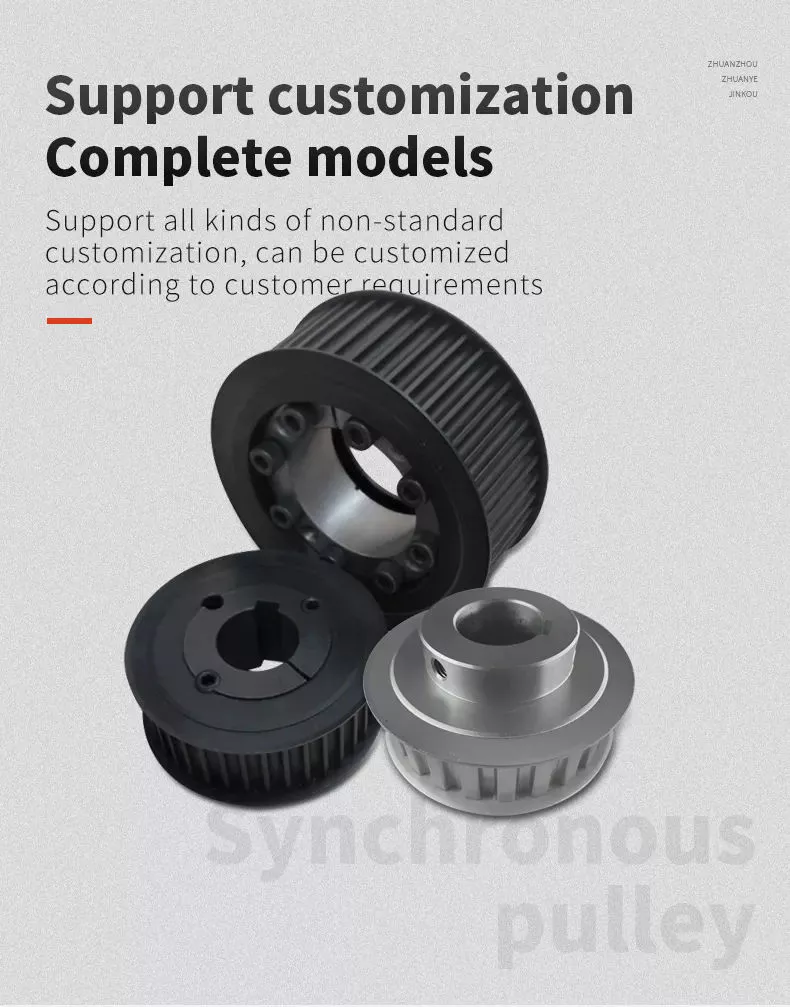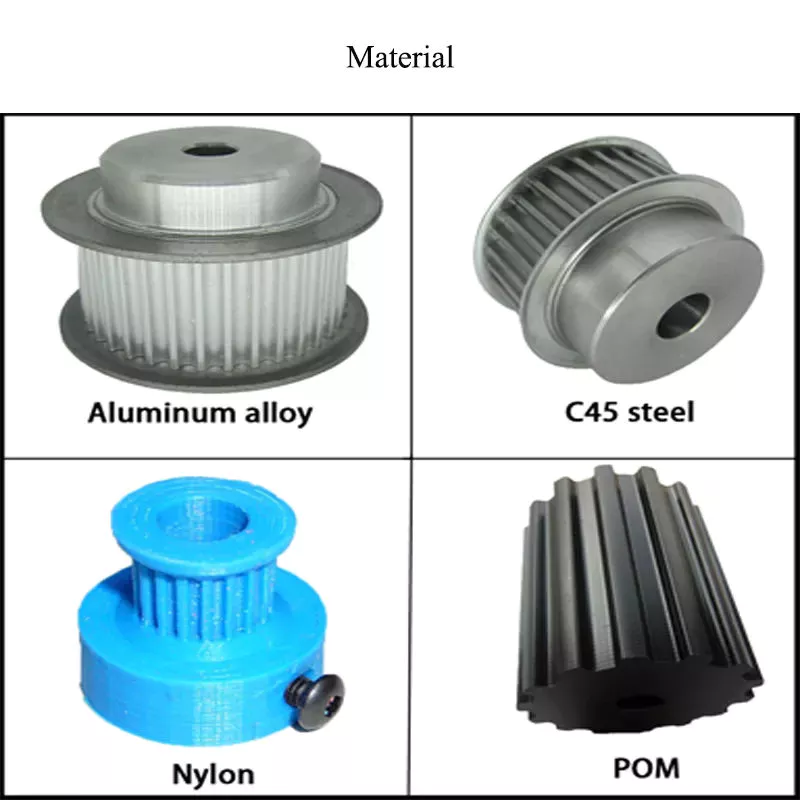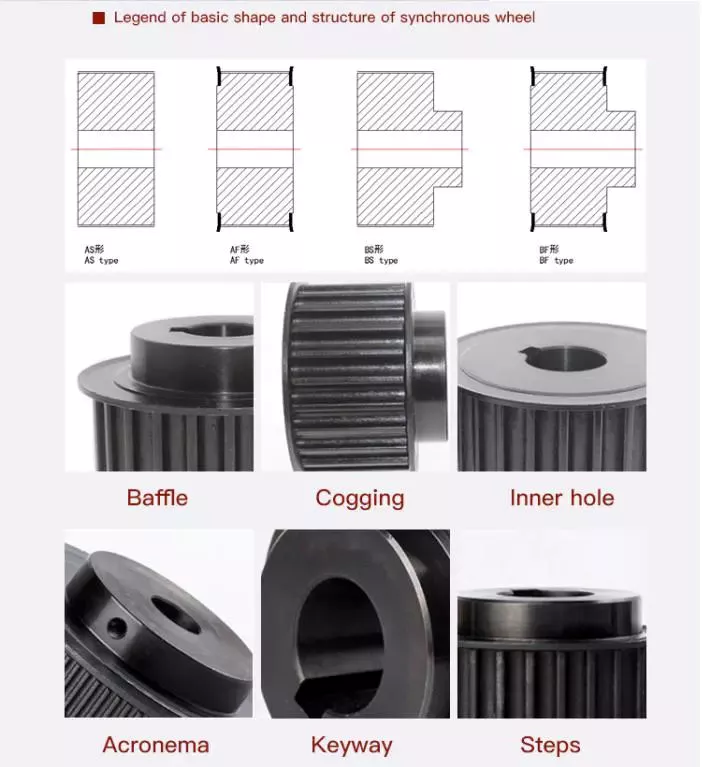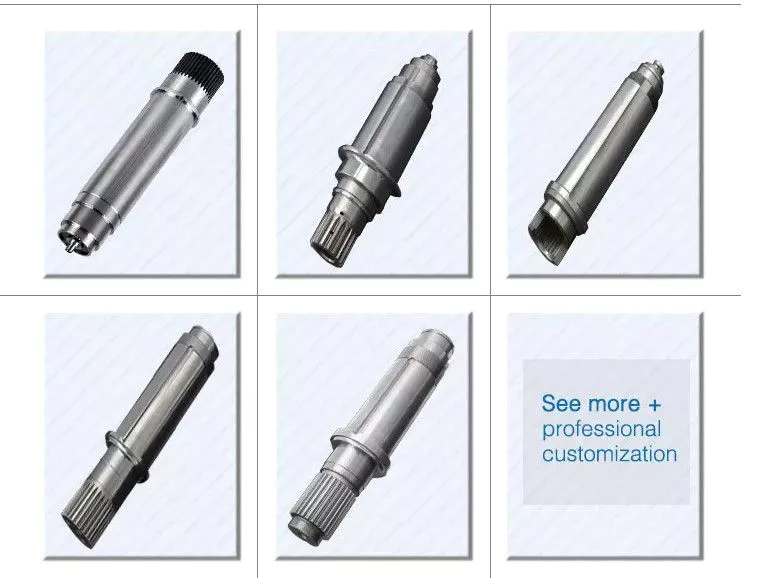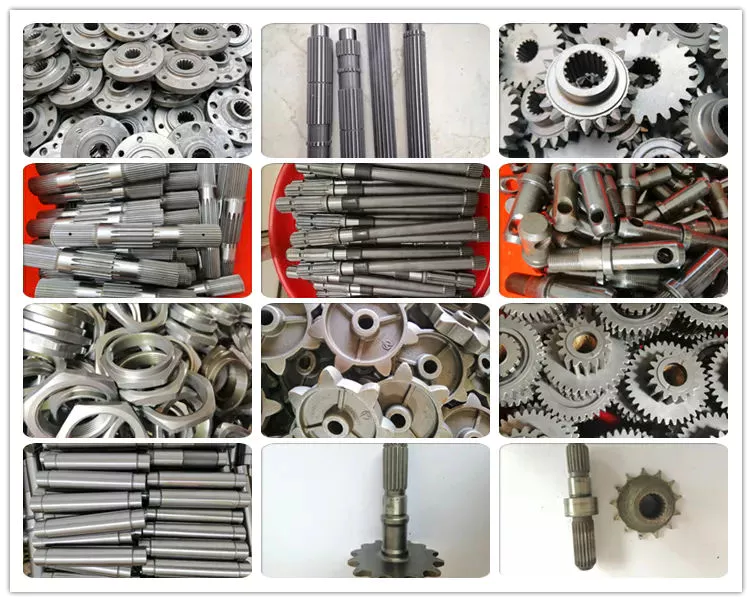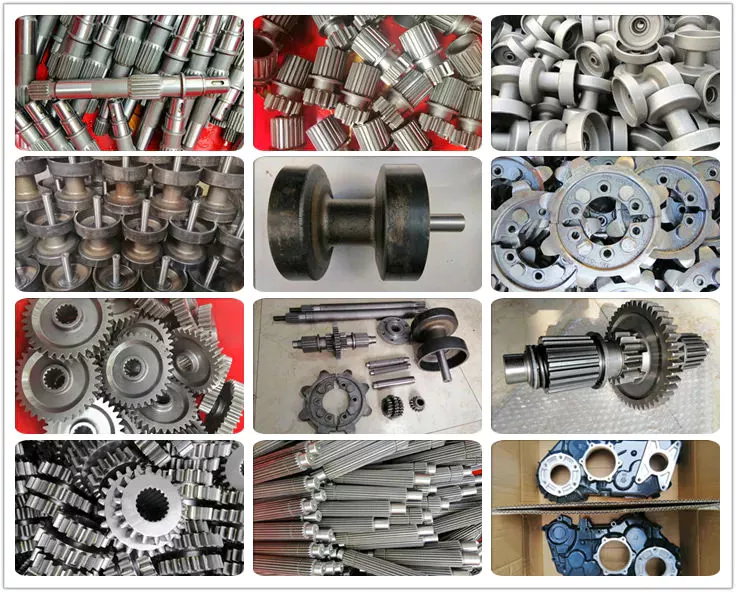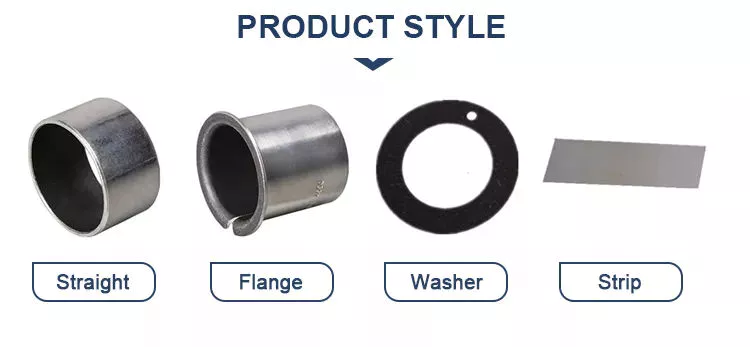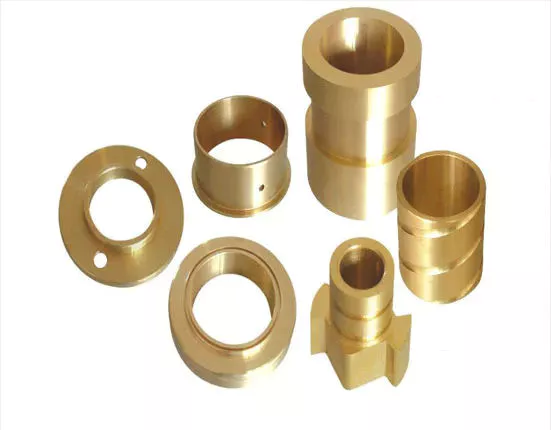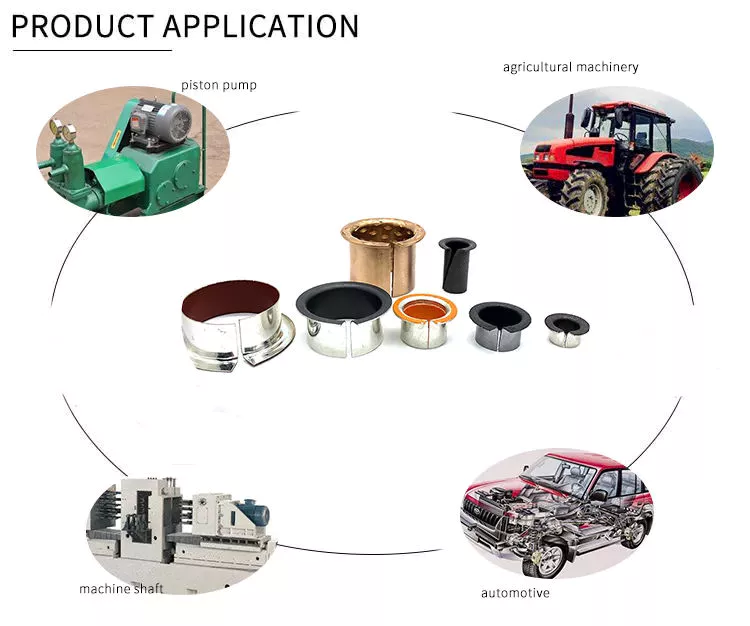Product Description
HangZhou CZPT Hardware Machinery Co., Ltd. mainly provides intelligent manufacturing solutions for precision hardware parts for domestic and foreign customers. The company was established in 2008 and currently has more than 60 sets of various high-precision cutting-edge equipment and more than 80 employees in the production system, including There are more than 40 senior technical talents, and a talent directional transfer plan has been signed with a number of technical schools and training centers.
The company’s business involves precision parts and hardware processing in many industries such as auto parts, 3C automation equipment, aerospace, construction machinery, medical, food, new energy battery equipment, instrumentation, precision instruments, hardware tools, etc. At the same time, it also provides customers with precision parts. Design and manufacture of fixtures, jigs, mold accessories, processing of special material parts (such as ceramics, cemented carbide) and automation equipment design, installation, debugging, and production equipment maintenance, improvement and other related businesses.
In terms of production, according to the ISO9001:2015 quality management system, we strictly control each link of product production to ensure product performance and quality. At the same time, the company has also established a systematic, scientific and effective international information security management system, from professional And authoritative level to provide customers with information security, so that customers’ products will not have security risks of leakage, so that the delivery cycle is guaranteed.
The company adheres to the corporate tenet of “emphasis on quality, integrity, and responsibility”, with the business philosophy of “customer first, technology, efficiency, and service”. Under the guidance of the “Four Fines” business policy, the company has reached the forefront of the industry in the entire precision parts processing industry.
At present, the company has served nearly 100 customers, 80% of which are well-known enterprises in the industry. At the same time, we have a perfect after-sales service system in the industry, and continue to use a solid technical foundation and strict scientific management system to continuously improve and surpass Customer satisfaction, so that customers feel comfortable before cooperation and rest assured after cooperation.
Our advantage of cnc machining:
|
Business Type |
Manufacturer |
|
Advantage |
1. Qida is factory providing CNC machining service for more than 10years, we focus on client’s demand and client’s satisfaction. 2. Provide 2D & 3D drawing for modifying 3. Competitive price with good quality 4. Small order is acceptable 5. Short delivery time (7-25days according to order Qty) 6. Customized size and specification /OEM available 7. Near HangZhou and HangZhou, convenient transportation |
|
Application |
.Automobile, motorcycle, medical machinery, electronics, fixtures, automation, etc |
Materials Available of CNC Machining:
|
Materials Available
|
Stainless Steel |
SS201, SS303, SS304, SS316 etc. |
|
Steel |
Q235, 20#, 45# etc.cr12mor, |
|
|
Brass |
C36000 ( C26800), C37700 ( HPb59), C38500( HPb58), C27200(CuZn37) , C28000(CuZn40) |
|
|
Iron: |
1213, 12L14,1215 etc. |
|
|
Bronze |
C51000, C52100, C54400, etc. |
|
|
Aluminum |
Al6061, Al6063,AL7075,AL5052 etc |
Better services of CNC machining:
|
(Payment Terms/Trade Term/Shipment Terms/ ): |
|
|
Our Processing |
CNC machining, CNC milling and turning, drilling, grinding, bending, stamping, tapping, injection |
|
Surface finish |
Zinc-plated, nickel-plated, chrome-plated, silver-plated, gold-plated, imitation gold-plated, |
|
Tolerance |
0.05mm~0.1mm |
|
QC System |
100% inspection before shipment |
|
Drawing format |
CAD / PDF/ DWG/ IGS/ STEP |
|
Packaging |
Standard package / Carton or Pallet / As per customized specifications |
|
Payment Terms |
30 -50%T/T in advance, 70-50% balance before delivery; Pay Pal or Western Union is acceptable. |
|
Trade terms |
EXW, FOB, CIF, As per customer’s request |
|
Shipment Terms |
1) 0-100kg: express & air freight priority 2) >100kg: sea freight priority 3) As per customized specifications |
|
Note |
All cnc machining parts are custom made according to customer’s drawings or samples, no stock. If you have any cnc machining parts to be made, please feel free to send your kind drawings/samples to us |
FAQ:
What is your product range?
1.CNC machining parts, precision parts, CNC parts, metal machining parts.
2.CNC turning parts, CNC turned parts,Lathe parts, turned parts.
3.CNC milling parts, CNC milled parts, metal milling parts.
4.CNC machined parts,CNC machine part, CNC machinery parts.
5.Metal parts, Auto parts, mechanical parts.spare parts,accessories,hardware.
6.Die casting parts,aluminum casting parts, Zinc casting parts.
7.Die stamping parts, metal stamping parts, press stamping tooling
8. Sheet metal fabrication, bending parts, laser cutting parts, welding parts.
Are you a manufacturer?
Yes, We are the manufacturer of all kinds of metal parts by CNC machining, turning, milling, stamping,
casting and bending with13 years’experince ,Warmly welcome to visit our factory at any time.
What is material you can process?
Stainless steel: SUS303, SUS304, SUS316, SUS316L, SUS430, SUS440, etc
Aluminum: 6061-T6, 6063-T5, 7075-T6, 2011, 2017, 2571, 5052, 5083, 6082 etc
Brass/copper: C11000, C15710, C12000, C26000, C36000, etc
Carbon steel: Q235,S235JR,1571, 1015, 1571, 1571, 1030, 1035, 1040, 1045, etc
Plastic: PVC, POM, Telfon, Delrin, PEEK ,Nylon, ABS, PC, PP,PA6, PA66, etc
Free cutting steel: 1211, 12L13, 12L14, 1215, etc
Tool Steel: SKD61,SKD11,HSS M2,ASP23 ,H13,1.2344,D2,1.2379,etc
Alloy steel: 40Cr,15CrMo,4140,4340,35CrMo,16MnCr5
Titanium alloy
What benefit we can get from you?
1)Competitive price
2)High quality control : 100% full inspection before shipment
3)High precision, tolerance can be ± 0.005mm
4)Fast lead time (5-7days for samples, 12-15 days for mass production)
5)Non-standard//OEM//customized service provided
6)No MOQ, small QTY is acceptable.
7)ISO 9001:2015 certificated factory, ROHS material used
9)Professional export packing: separate Blister plastic box or Bubble Wrap/Pearl Wool +Carton+Wooded Case, keep no scratch and damage
How does the CZPT control the quality?
1)During processing, the operating machine worker inspect the each sizes by themselves.
2)After finished the first whole part, will show to QA for full inspection.
3)Before shipment, the QA will inspect according to ISO sampling inspection standard for mass production. Will do 100% full checking for small QTY.
4) when shipping the goods, we will attached the inspection report with the parts.
How to handle the complains?
1)During processing, if found any sizes defective, we will inform the clients and get clients approval.
2)If happen any complaints after got the goods, pls show us photos and detail complaints points, we will check with the production department and QC depart. Immediately and give solving solution with 6 hours.
3)If need re-make, we will arrange re-make urgently and ship you new replacement within 5 days. CZPT will bear all the cost ( include shipping cost).
What’s the payment term?
50% deposit, 50% balance by T/T before shipment when order amount over 5000USD.
100% T/T in advance when amount less than 5000USD
L/C payment term for big amount order is acceptable.
Paypal and Western Union for samples cost or very small order.
What’s the delivery time ?
Normal for samples, 5-7 working days;
For mass production, it takes about 12-15 working days.
If any urgent parts, we can provide preferential processing and control the delivery time as you required.
What is the standard of package?
Professional export packing:
1)Separate Blister plastic box or Bubble Wrap/Pearl Wool, keep no scratch and damage.
2)Under 100 KGS parts, use strong DHL export Carton .
3)Above 100 KGS, will customize Wooded case for packing.
How to ship the parts?
1)Normally, we shipped the goods by DHL,FEDEX,UPS,TNT express.
2-3 days can arrived the clients’ company directly.
2)For heavy parts, can shipped by air or by sea according to customers’indication.
Can we get some sample?
1.Free sample can be provided,but the clients will bear the shipping cost.
2.Samplemaking can be satisfied as customer’s demands,and the sample cost is about 50-100 USD for each part,it depends on the processing.
3. Sample charge is returnable after order the mass production.
What kind of certificate you have ?
We have ISO9001:2015
RoHS compliance for material and surface treatment
What information should i let you know once i want to make a inquiry?
1.The drawings ( PDF,CAD or 3D )?
2. The material for each drawings?
3. The surface treatment requirement.
4. How many pieces do you need?
How fast you can get quotation from CZPT ?
After get customer’s detail enquiry( Clear drawings, material, QTY, surface treatment).
Normally, we will provide offer within 6 hours.
If more than 100 drawings, will provide price within 24 hours.
What is your main market?
North America, South America, Western European,
Southeast Asia,Australia
Types of Splines
There are 4 types of splines: Involute, Parallel key, helical, and ball. Learn about their characteristics. And, if you’re not sure what they are, you can always request a quotation. These splines are commonly used for building special machinery, repair jobs, and other applications. The CZPT Manufacturing Company manufactures these shafts. It is a specialty manufacturer and we welcome your business.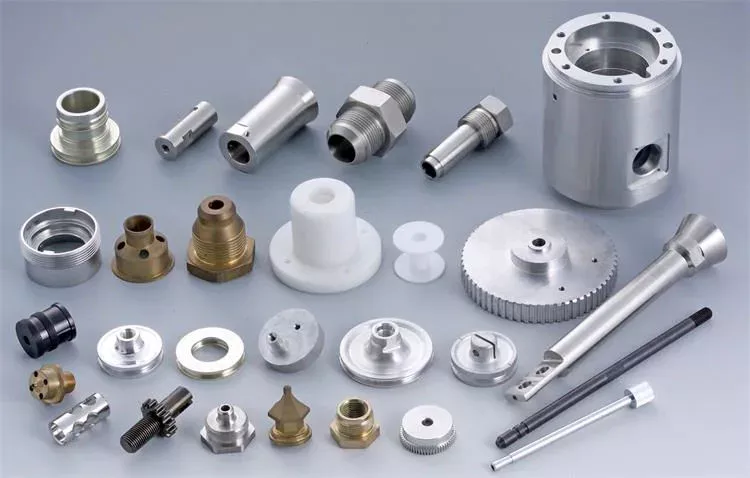
Involute splines
The involute spline provides a more rigid and durable structure, and is available in a variety of diameters and spline counts. Generally, steel, carbon steel, or titanium are used as raw materials. Other materials, such as carbon fiber, may be suitable. However, titanium can be difficult to produce, so some manufacturers make splines using other constituents.
When splines are used in shafts, they prevent parts from separating during operation. These features make them an ideal choice for securing mechanical assemblies. Splines with inward-curving grooves do not have sharp corners and are therefore less likely to break or separate while they are in operation. These properties help them to withstand high-speed operations, such as braking, accelerating, and reversing.
A male spline is fitted with an externally-oriented face, and a female spline is inserted through the center. The teeth of the male spline typically have chamfered tips to provide clearance with the transition area. The radii and width of the teeth of a male spline are typically larger than those of a female spline. These specifications are specified in ANSI or DIN design manuals.
The effective tooth thickness of a spline depends on the involute profile error and the lead error. Also, the spacing of the spline teeth and keyways can affect the effective tooth thickness. Involute splines in a splined shaft are designed so that at least 25 percent of the spline teeth engage during coupling, which results in a uniform distribution of load and wear on the spline.
Parallel key splines
A parallel splined shaft has a helix of equal-sized grooves around its circumference. These grooves are generally parallel or involute. Splines minimize stress concentrations in stationary joints and allow linear and rotary motion. Splines may be cut or cold-rolled. Cold-rolled splines have more strength than cut spines and are often used in applications that require high strength, accuracy, and a smooth surface.
A parallel key splined shaft features grooves and keys that are parallel to the axis of the shaft. This design is best suited for applications where load bearing is a primary concern and a smooth motion is needed. A parallel key splined shaft can be made from alloy steels, which are iron-based alloys that may also contain chromium, nickel, molybdenum, copper, or other alloying materials.
A splined shaft can be used to transmit torque and provide anti-rotation when operating as a linear guide. These shafts have square profiles that match up with grooves in a mating piece and transmit torque and rotation. They can also be easily changed in length, and are commonly used in aerospace. Its reliability and fatigue life make it an excellent choice for many applications.
The main difference between a parallel key splined shaft and a keyed shaft is that the former offers more flexibility. They lack slots, which reduce torque-transmitting capacity. Splines offer equal load distribution along the gear teeth, which translates into a longer fatigue life for the shaft. In agricultural applications, shaft life is essential. Agricultural equipment, for example, requires the ability to function at high speeds for extended periods of time.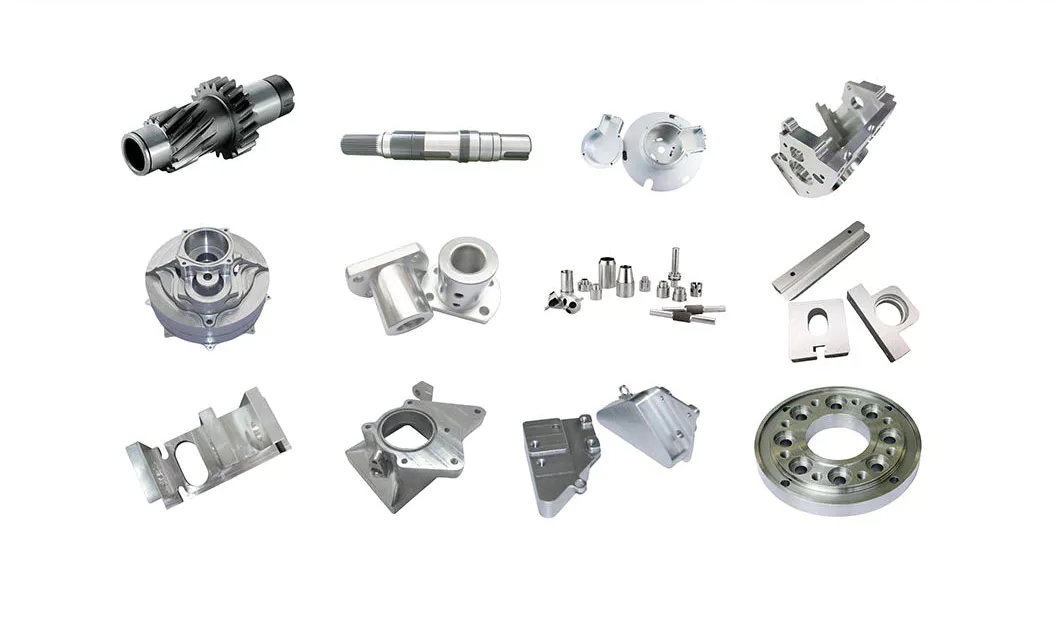
Involute helical splines
Involute splines are a common design for splined shafts. They are the most commonly used type of splined shaft and feature equal spacing among their teeth. The teeth of this design are also shorter than those of the parallel spline shaft, reducing stress concentration. These splines can be used to transmit power to floating or permanently fixed gears, and reduce stress concentrations in the stationary joint. Involute splines are the most common type of splined shaft, and are widely used for a variety of applications in automotive, machine tools, and more.
Involute helical spline shafts are ideal for applications involving axial motion and rotation. They allow for face coupling engagement and disengagement. This design also allows for a larger diameter than a parallel spline shaft. The result is a highly efficient gearbox. Besides being durable, splines can also be used for other applications involving torque and energy transfer.
A new statistical model can be used to determine the number of teeth that engage for a given load. These splines are characterized by a tight fit at the major diameters, thereby transferring concentricity from the shaft to the female spline. A male spline has chamfered tips for clearance with the transition area. ANSI and DIN design manuals specify the different classes of fit.
The design of involute helical splines is similar to that of gears, and their ridges or teeth are matched with the corresponding grooves in a mating piece. It enables torque and rotation to be transferred to a mate piece while maintaining alignment of the 2 components. Different types of splines are used in different applications. Different splines can have different levels of tooth height.
Involute ball splines
When splines are used, they allow the shaft and hub to engage evenly over the shaft’s entire circumference. Because the teeth are evenly spaced, the load that they can transfer is uniform and their position is always the same regardless of shaft length. Whether the shaft is used to transmit torque or to transmit power, splines are a great choice. They provide maximum strength and allow for linear or rotary motion.
There are 3 basic types of splines: helical, crown, and ball. Crown splines feature equally spaced grooves. Crown splines feature involute sides and parallel sides. Helical splines use involute teeth and are often used in small diameter shafts. Ball splines contain a ball bearing inside the splined shaft to facilitate rotary motion and minimize stress concentration in stationary joints.
The 2 types of splines are classified under the ANSI classes of fit. Fillet root splines have teeth that mesh along the longitudinal axis of rotation. Flat root splines have similar teeth, but are intended to optimize strength for short-term use. Both types of splines are important for ensuring the shaft aligns properly and is not misaligned.
The friction coefficient of the hub is a complex process. When the hub is off-center, the center moves in predictable but irregular motion. Moreover, when the shaft is centered, the center may oscillate between being centered and being off-center. To compensate for this, the torque must be adequate to keep the shaft in its axis during all rotation angles. While straight-sided splines provide similar centering, they have lower misalignment load factors.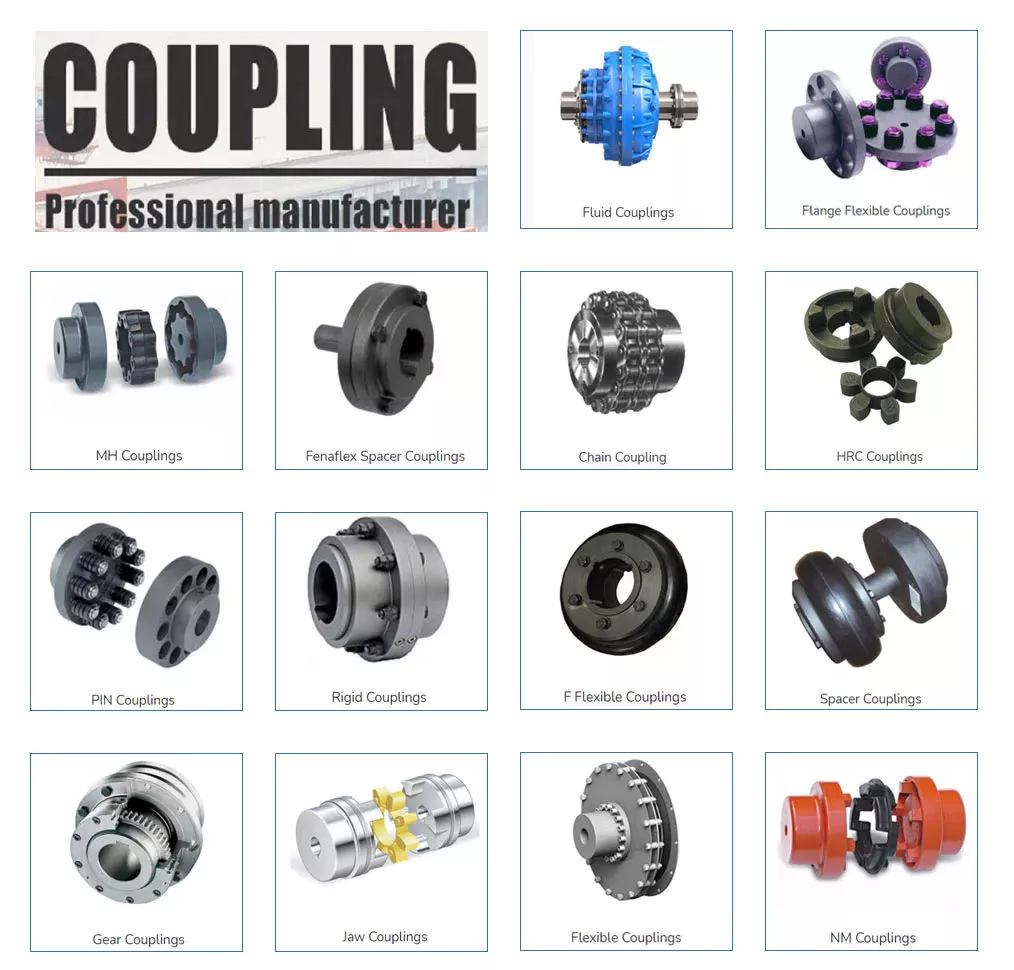
Keyed shafts
Essentially, splined shafts have teeth or ridges that fit together to transfer torque. Because splines are not as tall as involute gears, they offer uniform torque transfer. Additionally, they provide the opportunity for torque and rotational changes and improve wear resistance. In addition to their durability, splined shafts are popular in the aerospace industry and provide increased reliability and fatigue life.
Keyed shafts are available in different materials, lengths, and diameters. When used in high-power drive applications, they offer higher torque and rotational speeds. The higher torque they produce helps them deliver power to the gearbox. However, they are not as durable as splined shafts, which is why the latter is usually preferred in these applications. And while they’re more expensive, they’re equally effective when it comes to torque delivery.
Parallel keyed shafts have separate profiles and ridges and are used in applications requiring accuracy and precision. Keyed shafts with rolled splines are 35% stronger than cut splines and are used where precision is essential. These splines also have a smooth finish, which can make them a good choice for precision applications. They also work well with gears and other mechanical systems that require accurate torque transfer.
Carbon steel is another material used for splined shafts. Carbon steel is known for its malleability, and its shallow carbon content helps create reliable motion. However, if you’re looking for something more durable, consider ferrous steel. This type contains metals such as nickel, chromium, and molybdenum. And it’s important to remember that carbon steel is not the only material to consider.


